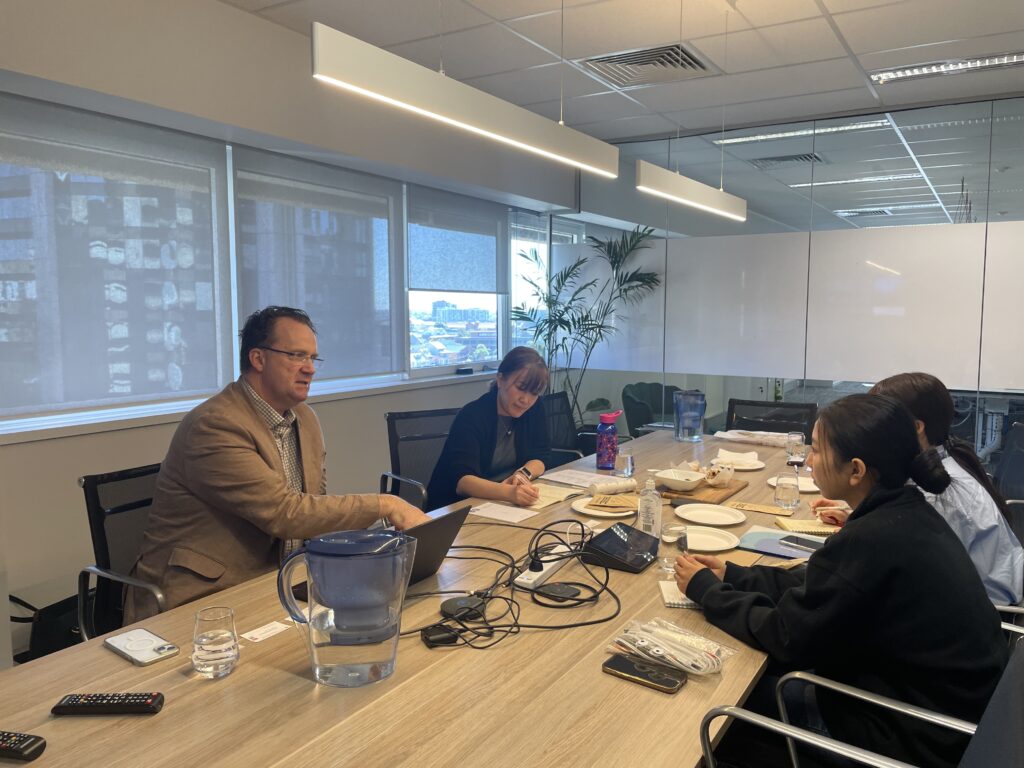We are going to organise an official multiculturalism study tour in Victoria from 23rd to 28th October. Up until last year, the study tour was always held in Sydney, so we are really looking forward to learning about multicultural policies in Victoria. The purpose of this visit is to conduct research on multiculturalism and to view first-hand services for migrants from various ethnic and cultural backgrounds in Australia. I really appreciate all the government and not-for-profit organisations who have agreed to participate and provide the delegates from Japanese local governments with useful information.
Why do Japanese local governments have to learn about multicultural policies? Because we should promote internationalisation in every region of Japan.
The backdrop is as follows. Japan’s society is becoming more culturally diverse as the number of foreign residents increases. The foreign population living in Japan exceeded two million people in 2013. Among the so-called “newcomers” who came to Japan during and after the 1990s, there are some who do not understand the Japanese language and various problems arise as a result of having difficulties communicating in Japanese.
CLAIR was established in 1988 and one of the main aims of CLAIR is promoting internal internationalisation. To achieve this, we have invited many young English speakers as JET Programme participants to teach English and foreign culture and set up overseas offices to better understand the circumstances and government policies in other countries. The advanced multicultural policies in Australia are of particular interest to us at CLAIR.
Katsunori Kamibo
Director


